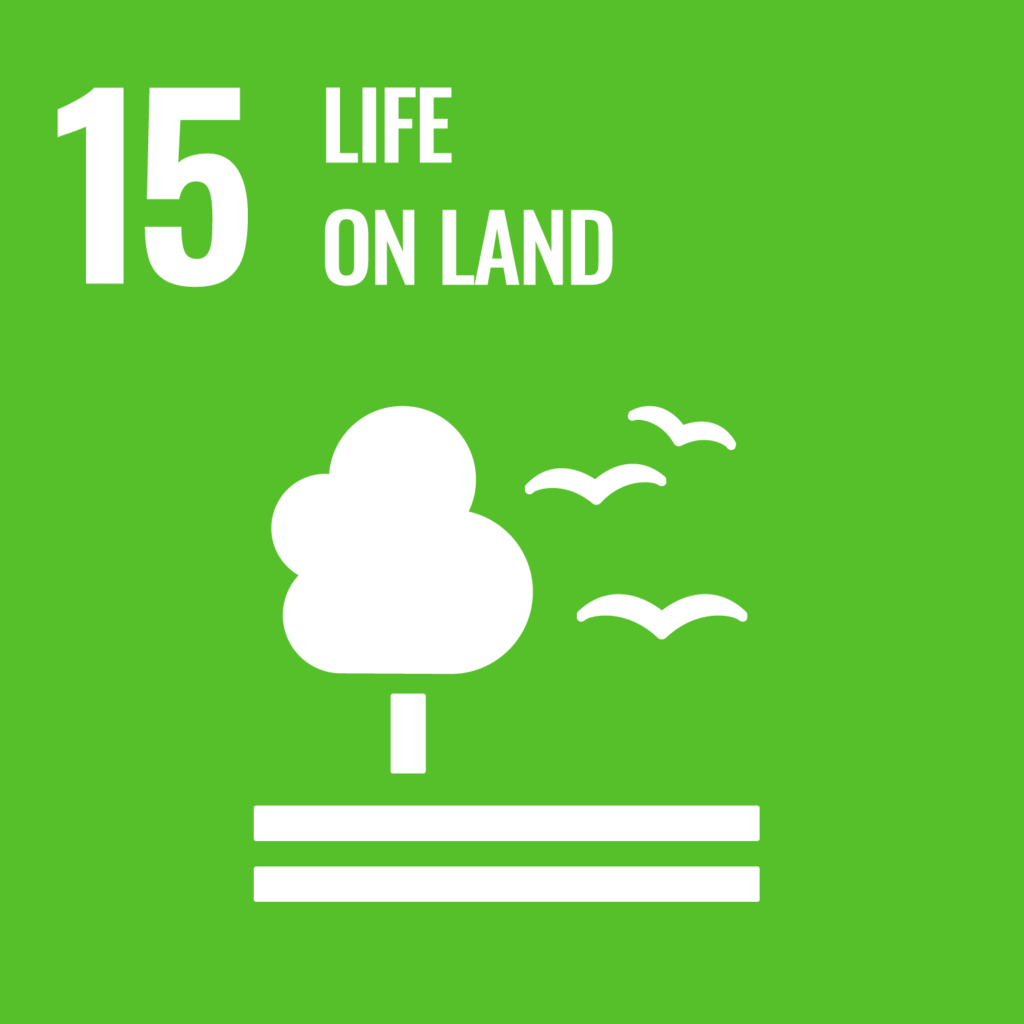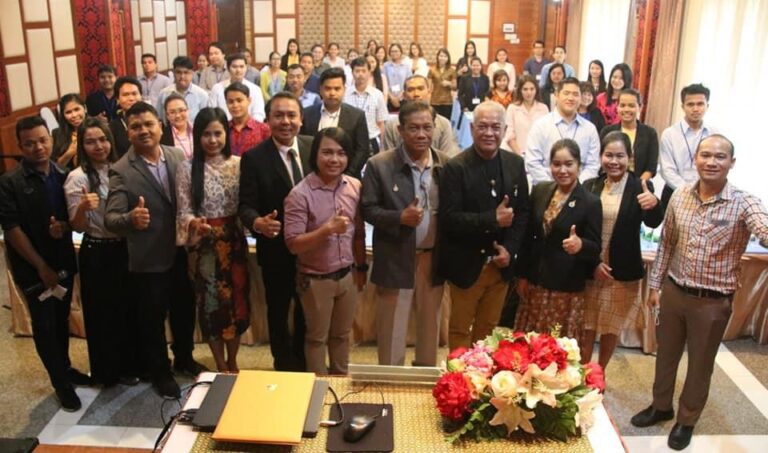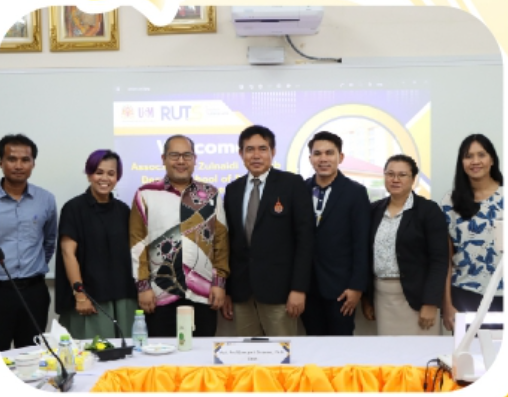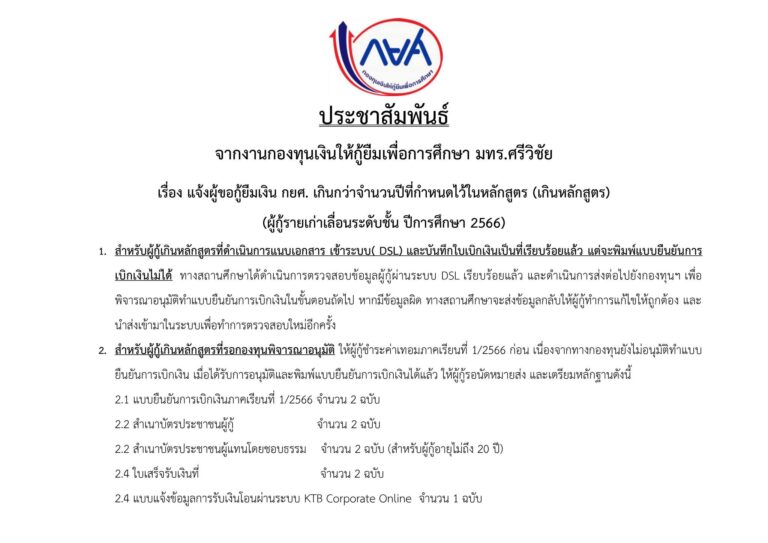Reporters : Assoc.Prof.Dr. Pornsil Seephueak
Asst.Prof.Dr. Prapot Maliwan
Assoc.Prof.Dr. Pornsil Seephueak
Asst.Prof.Dr. Nion Chirapongsathonkul
Dr. Worawitoo Meesook
Evidence Date: January – December 2022
Indicator : 15.4.1
Related SDGs:

Wastewater treatment before releasing it into the community is of paramount importance for several key reasons, for example, community well-being, public health, environmental protection, and resource conservation. Effective wastewater treatment helps remove harmful and improper biological and chemical contaminants. Untreated wastewater can contaminate local water bodies, harming aquatic ecosystems and affecting the balance of the ecosystem.
RUTS has announced the guideline and standard for wastewater management within the university on November 1, 2022. This guideline aims to control the quality standards of wastewater to comply with the legal requirements while emphasizing the quality of water to be released into the environment and its impact on human health. This guideline provides a framework for university staff to carry out processes and conduct system checks for wastewater treatment, enabling them to monitor and rectify issues at their source. The General Affairs Division of the President’s Office at RUTS plays a central role in overseeing water treatment procedures and liaising with relevant government entities, including municipal and provincial offices.
Within RUTS Songkhla Campus, buildings that have commercial establishments or eateries have implemented the installation of grease traps for capturing fats and oils in food waste. This process begins with capturing the fats from dishwashing sinks, drainage systems, and sending them to large-sized grease traps, which are divided into three compartments that serve the purpose of filtering fats, food residues, and oxygenation. The remaining water from the treatment tanks in each building is then directed to a large wastewater treatment facility for further treatment involving aeration and the introduction of bacteria to break down organic substances, ensuring that the water is of good quality before it is discharged into the municipal wastewater system.
The university have relevant government parties establish a system for monitoring and evaluating wastewater management guidelines, with data collection, recording, and reporting at intervals to be compliant with the government regulations. Additionally, municipal authorities are responsible for controlling and monitoring the quality of wastewater discharged from the university. Adhering to established water discharge standards, we guarantee that the treated water released by the university supports the conservation and reuse of water and other valuable resources, thereby promoting sustainability and alleviating water resource strain.


Related links:
https://www.rmutsv.ac.th/th/announcement-sdgs
https://statute.rmutsv.ac.th/file/55486.pdf



